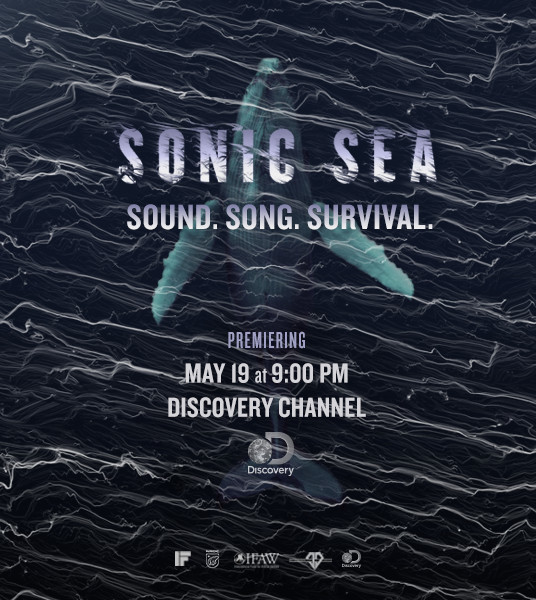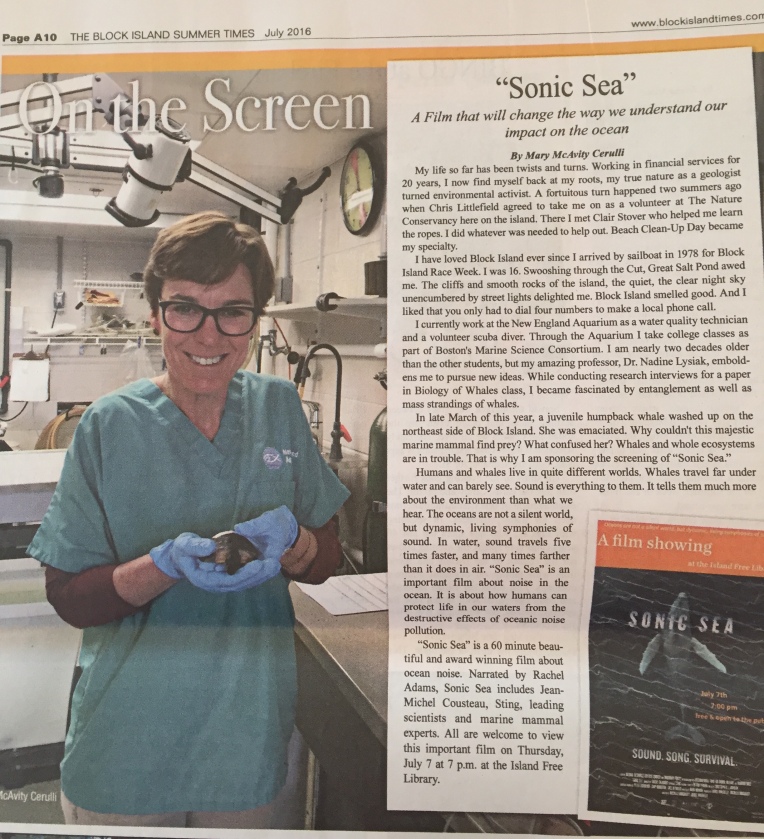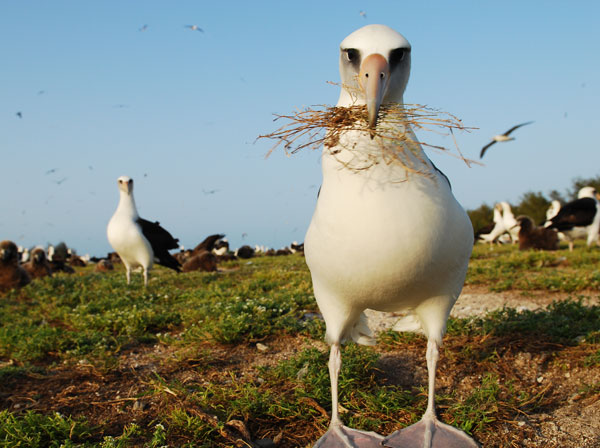Shark Week 2015 is especially auspicious because it coincides with the 40th anniversary of Jaws. The movie is having a limited re-release in theaters this summer. In its heyday, Jaws spawned a culture of fear and panic about sharks. Regretful of the carnage in the wake of his creation, author Peter Benchley later became a major advocate for sharks and dedicated his life to promoting their conservation.
Shark Week also promotes the mission of shark conservation through research and education, and has helped change the conversation about sharks – from seeing them as man killers to awe-inspiring top predators. As shark populations increase, due to better protection measures and rebounding prey populations, scientists are beginning to piece together the mysteries of their lives and habits. An example is the global tagging initiative by Ocearch, which makes tracking information of its study animals freely available online.
In a sign of the times, when a great white shark stranded alive yesterday on a beach in Chatham MA, not far from the waters where Jaws was filmed 40 years ago, beach goers rushed to save it. Happily, it was rescued, revived, tagged, and eventually released. [UPDATE – 07/19/2015]: Jameson (the rescued shark) survived the ordeal and is still trolling the waters off Cape Cod.)
If you need your shark fix while you wait for Shark Week 2016, check out the following programs that feature Dr. Greg Skomal, BU Marine Program grad and shark expert. And “live every week like it’s shark week” -Tracy Jordan, 30 Rock
Shark Trek (2015)
Return of Jaws (2012)
Jaws Comes Home (2011)



















